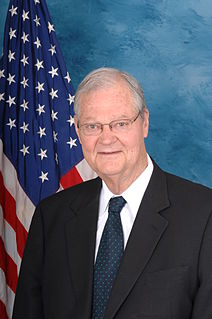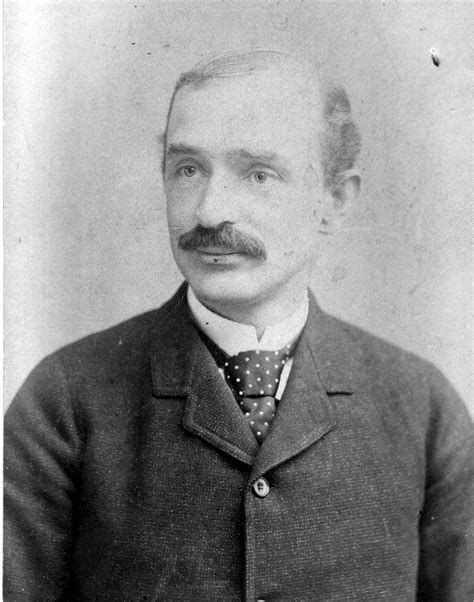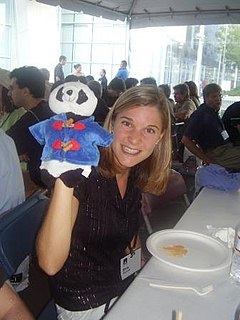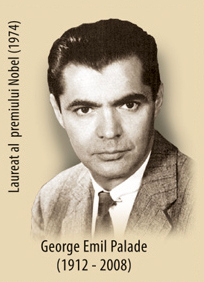A Quote by Marcia Angell
It is simply no longer possible to believe much of the clinical research that is published, or to rely on the judgment of trusted physicians or authoritative medical guidelines. I take no pleasure in this conclusion, which I reached slowly and reluctantly over my two decades as an editor of The New England Journal of Medicine.
Related Quotes
We sometimes think that the best doctors are the ones who have the most specialized knowledge or the fanciest degrees, but in fact, study upon study, including one published in the 'New England Journal of Medicine,' show that the best doctors are the ones who also know how to connect with their patients.
Modern medicine is not scientific, it is full of prejudice, illogic and susceptible to advertising. Doctors are not taught to reason, they are programmed to believe in whatever their medical schools teach them and the leading doctors tell them. Over the past 20 years the drug companies, with their enormous wealth, have taken medicine over and now control its research, what is taught and the information released to the public.
In 1973, I left the Rockefeller University to join the Yale University Medical School. The main reason for the move was my belief that the time had come for fruitful interactions between the new discipline of Cell Biology and the traditional fields of interest of medical schools, namely Pathology and Clinical Medicine.
Amazingly, 85 percent of prescribed standard medical treatments across the board lack scientific validation, according to the New York Times. Richard Smith, editor of the British Medical Journal, suggests that this is partly because only one percent of the articles in medical journals are scientifically sound, and partly because many treatments have never been assessed at all.



































